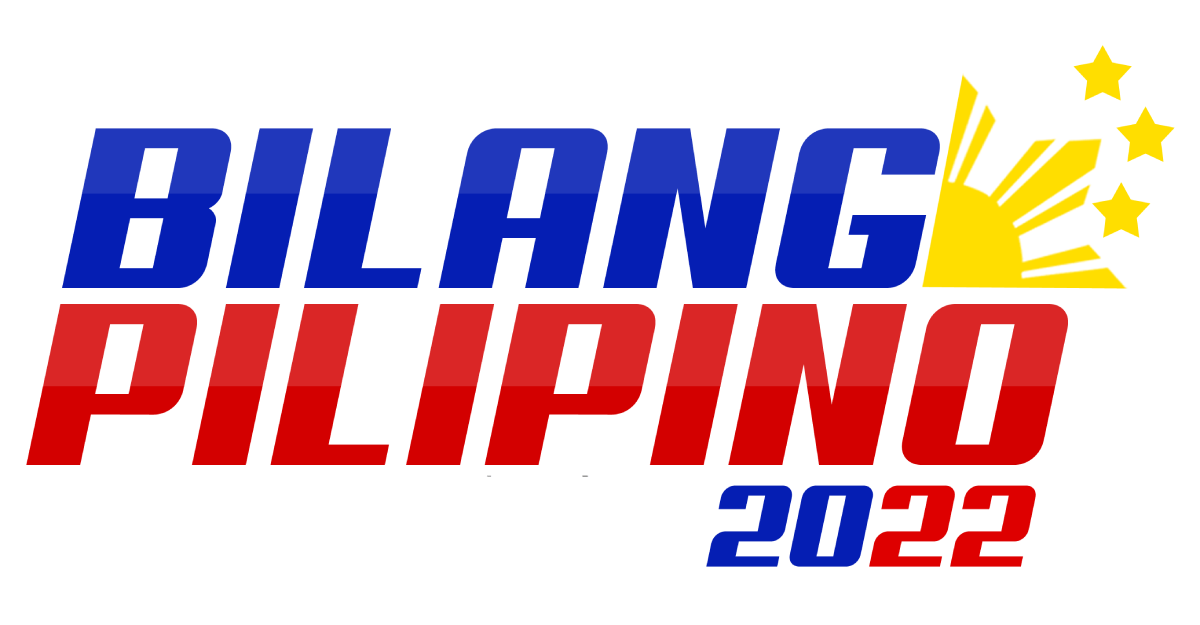What's the point of all these singing and dancing politicians, anyway?

Out of all the gimmicks that emerged from the last midterm elections, Bong Revilla’s budots just had to be the only one that remains burned in the back of my mind.
For those fortunate enough not to relate, a convenient refresher: This widely circulated 15-second ad features the senatorial aspirant gyrating to a loud, repetitive tune resembling a rocketship propelling us to outer space. Why he chose to take this route rather than present decent platform points or half-assed promises of integrity was a topic of contention on social media.
If we recall, Revilla was once the subject of public scorn and criticism after allegedly pocketing P224 million of his pork barrel fund, and consequently being acquitted of these charges. In order to return to his former seat of power and regain the trust he enjoyed as an adored action star and heartthrob, he needed a foolproof master plan. So it felt almost insulting to think that this embarrassing attempt was all it took to erase his horrifying track record.
Except it practically was. Against all odds, he landed eleventh place that year.
While appearances at interviews and debates establish candidates’ credentials and cement their stances, it is comedy that allows them to connect and close the deal with prospective supporters.
No wonder the “song and dance” shtick has been a mainstay for political parties across several parts of the world. Yes, spectacles of this kind are not exclusive to the Philippines: you can find similar hip-busting action among the national leaders of Canada, Sweden, and the United States. What effectively disguises itself as mindless entertainment is actually a well-crafted strategy. While appearances at interviews and debates establish candidates’ credentials and cement their stances, it is comedy that allows them to connect and close the deal with prospective supporters.
Generally, such antics contribute to a sense of social cohesion and creation of emotional bonds: Evolutionary history shows how humor and laughter are often used as tools to increase likeability and trust in group settings, even between people who haven’t met before. In politics, these function as a way to humanize those whom we normally view from a pedestal or throne by showing to the public that despite the glaring disparity in wealth and power, their leaders share more with them than they think and implicitly possess a nuanced understanding of their everyday.
While some believe Harry Roque pumping his fist at the recent campaign kick-off, or President Duterte shifting awkwardly in place on the now-defunct Gandang Gabi Vice are both eyesores, to the majority, these could very well be a sight for sore eyes. The ability to establish common ground with common folk proves necessary at a time when public approval depends on perceived personality.

Of course, the easy (read: lazy) thing to do would be to attribute this phenomenon to the reported strain of anti-intellectualism. Because we have access to education, reliable sources, and healthy discourse, it makes the most sense to blame the bobotante: those who are too easily swayed by money and distracted by feel-good fodder to care about long-term consequences or make rational decisions.
During the pandemic, these people claim to have grown disillusioned of the traditional ways politicians present themselves and their plans. They want something light, funny, and natural—as if those are the three most important adjectives that come to mind when asked to describe a good leader. But it’s high time we killed this rhetoric once and for all and instead choose to see what this pattern may be pointing to.
The masses are also fed up with the disente brand of governance, as shown by the public's repudiation of the Liberal Party at the 2019 midterm polls. Former President Benigno "Noynoy" Aquino III won and governed on an anti-corruption platform, but some analysts contend that he fell short from addressing pressing and pervasive issues such as poverty. Since then, he and his allies have been branded as out of touch and lacking in empathy: labels that bog them down to this day, despite the fact that they repeatedly echo their values and virtues in public appearances.
These politicians have obviously immersed themselves in the contexts of the poor and marginalized, and enacted reforms that aim to improve their quality of life. But maybe, the manner in which they express their support or communicate their plans is in a language the masses do not understand: long and winding, riddled with jargon, directed at those who already have prior knowledge. They might be perceived as too prim and proper, too formal and put together to see what goes on beyond their bubble of privilege. And even if they pass the test with flying colors, their supporters might not.

So while candidates need not always rely on awkward choreography to make a point, they must be willing to tell a more compelling story anyhow: “reach out and get their hands dirty, not plantito and plantita dirty, but mass work dirty,” as Joey Salgado says in an opinion piece for Rappler.
It’s a delicate balance everyone is still struggling to perfect: blending competence and evidence with empathy and warmth, coming across as “one for them” but also “one of them”. But those who emerge victorious in the end are those who’ve managed to soothe collective anxieties caused by the pandemic and paint a vivid picture of a better future.


